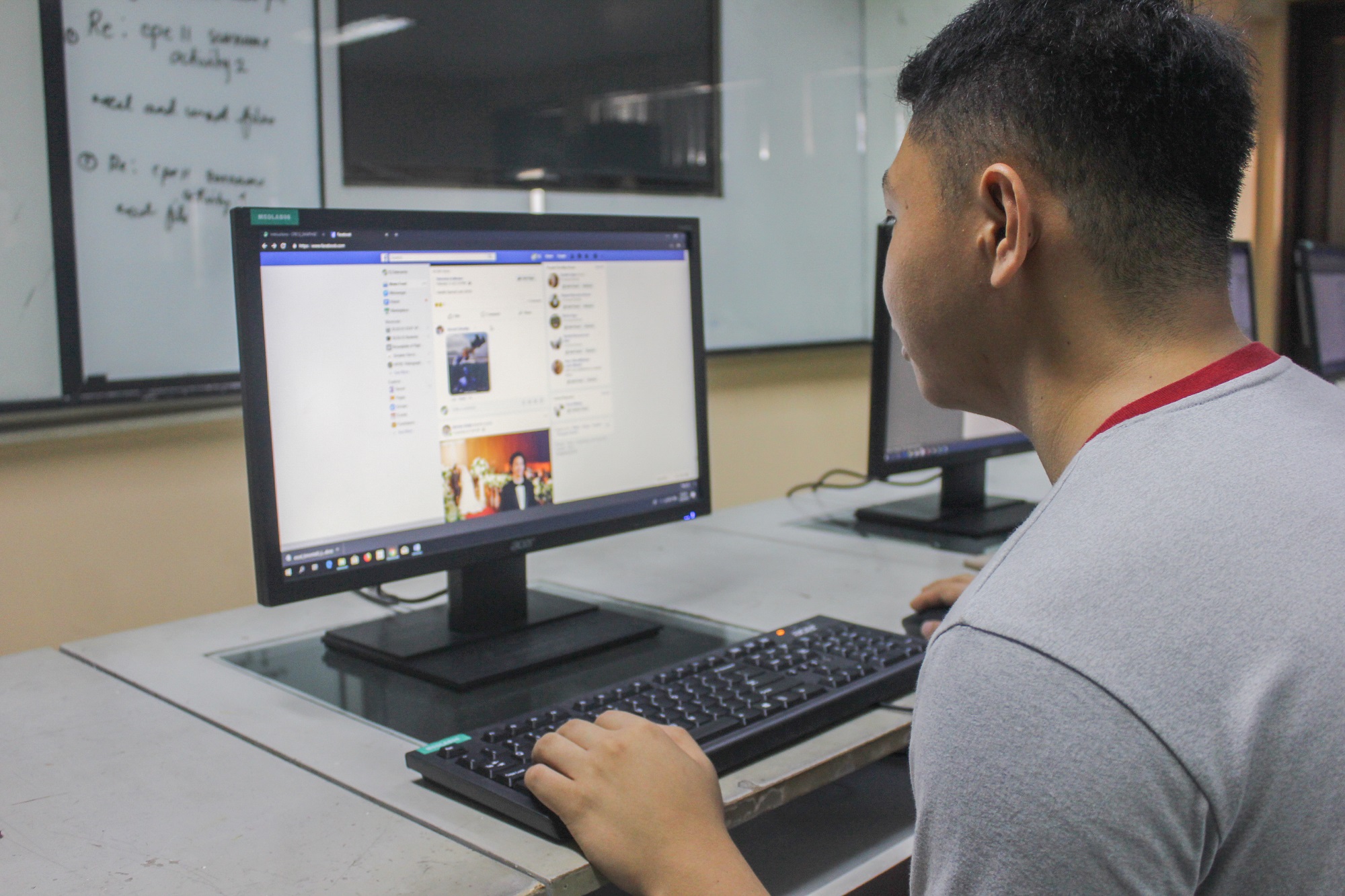
A question on the freedom of speech:
Student social media monitoring
In a time where social media has gone on new lengths for expression, the onslaught of online concerns against the university and the administration has been increasing. With that, came several reported cases of students being sent to the Student Welfare and Formation Office (SWAFO) due to the unknowingly defamatory posts published in their social media accounts, which begs the question: Does the DLSU-D Student Handbook govern the behavior of the student in social media?
Majority of the student cases are in violation of the provision in Section 19 category 2 of the DLSU-D Student Handbook 2018-2022 stating that: “Acts maligning the good name and reputation of the University, its duly constituted authorities, and other members of the academic community tending to discredit or cause dishonor and contempt to the good name or reputation of the university shall be subject to disciplinary action.”
Albeit this provision being used against student, causes confusion among Lasallians as it does not denote the extension of the provision to social media.
SWAFO explains Lasallian norms and conduct
Though the DLSU-D Student Handbook does not directly imply the extension of the coverage to social media, Lasallians are still guided by the norms and standards as explained during orientation of new enrollees in the university, SWAFO Director John Casidsid explained in an interview with The HERALDO FILIPINO.
“When you enter in the University you are already bringing with you the name of the school and we have to take care of the good name of the school [because] it reflect[s] who we are. Tayo rin ang mapapasama doon, [that is why] we need to protect our University … So, siguro if you have comments and some clarifications there are proper forum,” he said.
Moreover, Casidsid said that the students are free to give any comments online, but the Student Handbook will always limit this freedom if the comments concern the university, its duly constituted authorities, and other members of the academic community.
To add, an appointed SWAFO formator regularly monitors foul posts from students on social media, wherein they will act upon an issue whenever there is a case reported to them from any member of the administration, alumni, students, and even faculty.
In addition, Casidsid advised the students, “You are free to write whatever you want to write but be responsible. If you have comments and some clarifications, there are proper forums. You have to protect the name of the school and if you do malign it and then you will be sanction and the University will [have to] intervene.”
Students react
Fourth year marketing student Louise Gabriel Alonzo was one of the students sent to SWAFO because of a comment against the rescheduled midyear graduation published in the group ‘DLSU-D Students’.
“The dismissal of the case filed against me, proved that we [Lasallian students] are allowed to defend and make a statement or speak up. But, we should also first be careful on what we say,” Alonzo said in an online interview with The HERALDO FILIPINO. Upon further investigation with due process, the SWAFO dismissed Alonzo’s case.
On the other hand, an anonymous student from the College of Business Administration and Accountancy who had also been given case from SWAFO due to online complaints had expressed disapproval against this policy, stating that freedom of speech for students extends even to the online realm.
“Ngayon nabigyan ako ng issue regarding that kasi nag-open lang ako sa social media, nag-rant ako … ngayon nasaan ang freedom of speech ko kung ako bibigyan nila ng punishment?” the student expressed.
Analogous cases
Cases of social media monitoring has also surfaced in other Universities, with the most recent being in in Pamantasan ng Lungsod ng Maynila (PLM) whereas a student posted a tweet criticizing the PLM President due to the reply of the latter in an open forum with the Student Council and other organizations of the university.
The student was later on sent to the Office of the President for questioning, whereas he was given three days to act upon the issue otherwise the student will be expelled.
To cite Senior Associate Chief Justice Antonio Carpio regarding the freedom of speech, “A democracy needs a healthy public sphere where the people can exchange ideas, acquire knowledge and information, confront public issues, or discuss matters of public interest, without fear of reprisals. Free speech must be protected so that the people can engage in the discussion and deliberation necessary for the successful operation of democratic institutions.”
The case of social media monitoring is a complicated matter, with University policies and issues of student online freedom clashing with one another. Albeit social media wariness always being put in the forefront, when the time comes that students are being suppressed in their most comfortable selves online is when policies not blatantly stated in the Handbooks we hold accountable must be questioned and brought up.

